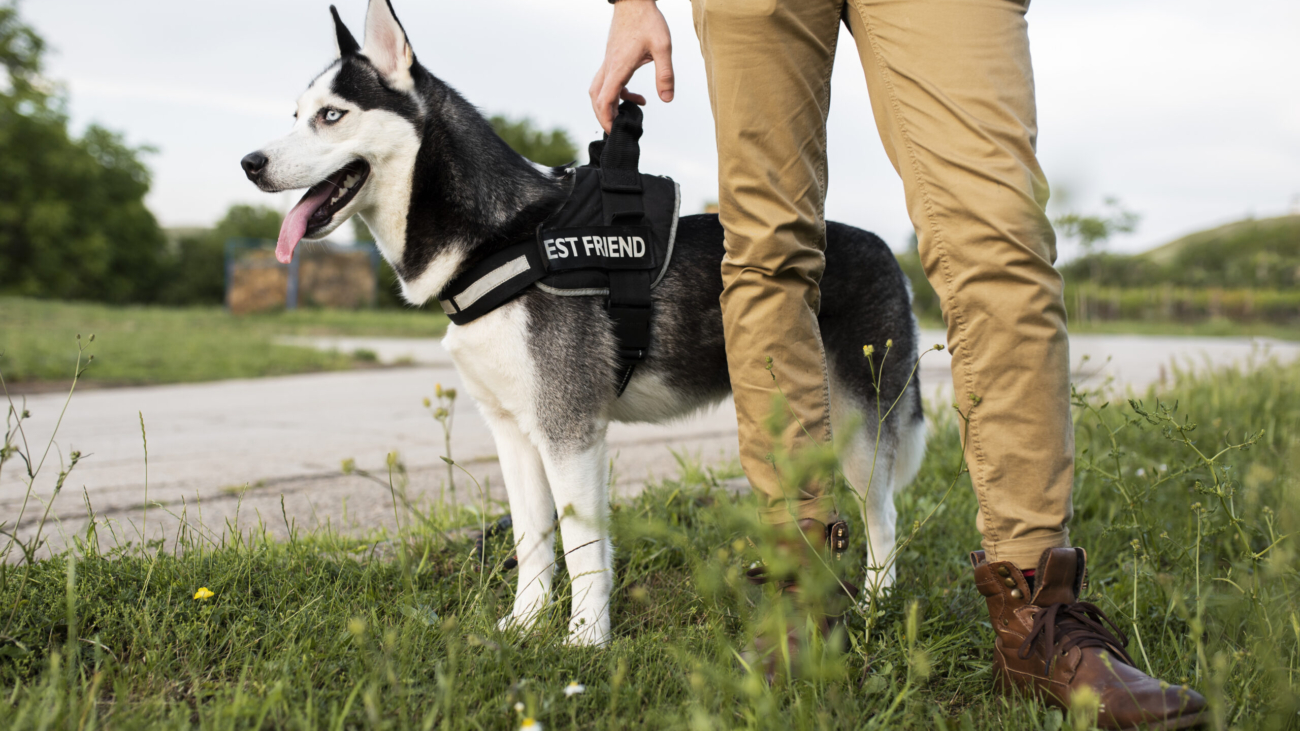Ensuring the safety and security of attendees is paramount for the success of any event, regardless of its size or nature. A comprehensive event security plan not only protects participants but also upholds the event’s reputation. Below are essential strategies to enhance event security:
1. Conduct a Thorough Risk Assessment
Begin by identifying potential threats specific to your event, considering factors such as venue location, attendee demographics, and event type. This assessment informs the development of tailored security measures.
2. Develop a Comprehensive Security Plan
Craft a detailed plan addressing various scenarios, including emergency evacuations, medical emergencies, and potential security breaches. Ensure all staff members are familiar with their roles within this plan. citeturn0search2
3. Implement Access Control Measures
Regulate entry points with ticket verification, identification checks, and bag inspections to prevent unauthorized access and the introduction of prohibited items.
4. Employ Professional Security Personnel
Hire trained security professionals to monitor the event, manage crowd control, and respond to incidents. Their presence serves as both a preventive measure and a rapid response force.
5. Utilize Advanced Surveillance Technologies
Deploy CCTV cameras and real-time monitoring systems to oversee the venue, detect suspicious activities, and provide valuable evidence if necessary.
6. Train Staff and Volunteers
Equip all personnel with the knowledge to identify and report potential security issues, ensuring they understand emergency procedures and communication protocols.
7. Establish Effective Crowd Management Strategies
Design the venue layout to facilitate controlled entry and exit points, preventing congestion and ensuring orderly movement of attendees.
8. Collaborate with Local Authorities
Engage with local law enforcement and emergency services during the planning stages to align on security measures and ensure swift assistance if required.
9. Prepare for Medical Emergencies
Have medical personnel on-site and accessible first aid stations to address health-related incidents promptly.
10. Communicate Security Measures to Attendees
Inform participants about security protocols, emergency exits, and procedures to foster a cooperative environment and enhance overall safety.










